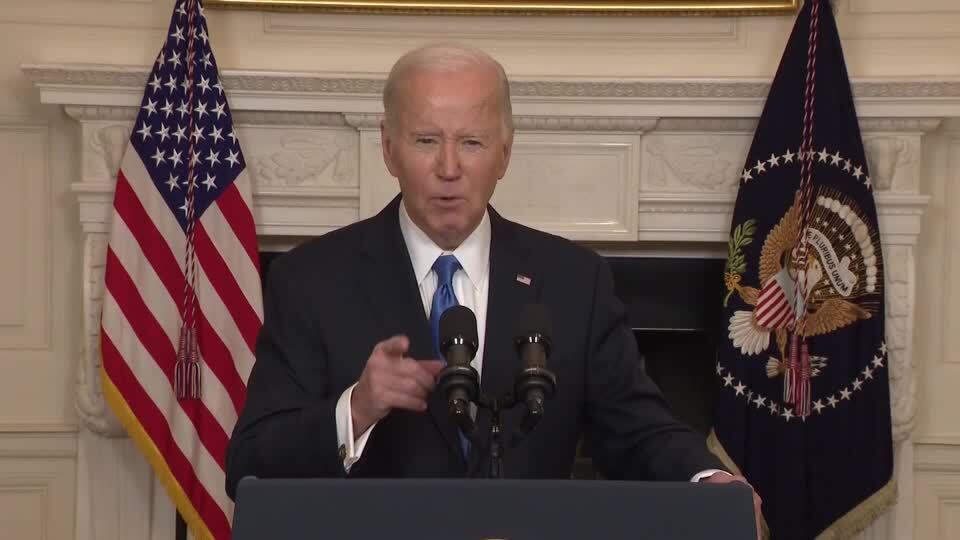The US House of Representatives achieved a milestone by advancing a $95 billion aid package, overcoming Republican resistance.
The procedural vote, with a substantial Democratic majority, mirrored a similar Senate measure from February, supported by President Joe Biden and bipartisan leaders.
Republican Speaker Mike Johnson initially hesitated due to opposition from a vocal minority within his party.

However, the package’s scope, encompassing aid for Ukraine, Israel, and the Indo-Pacific, along with provisions to transfer frozen Russian assets to Ukraine and impose sanctions on Hamas, Iran, and ByteDance, garnered bipartisan support.
The legislation allocates over $95 billion, including $9.1 billion for humanitarian aid, meeting Democratic demands. If passed by the House, as expected, attention shifts to the Senate for final approval.
Senate Majority Leader Chuck Schumer urged senators to be prepared for potential weekend sessions to expedite the process.
While some conservative lawmakers oppose aid to Ukraine, and former President Trump has conveyed mixed views, the bipartisan effort signifies a significant step towards bolstering global support and security.

Despite some Democrats’ reservations, particularly regarding aid to Israel, the package’s broad bipartisan backing underscores its importance in addressing pressing global challenges.
The aid package’s advancement demonstrates a bipartisan commitment to global stability and security, overcoming political divisions for the greater good.
With significant humanitarian aid and strategic assistance at stake, the House’s decisive action paves the way for Senate consideration, emphasizing the urgency of addressing international crises through coordinated, bipartisan efforts.


















